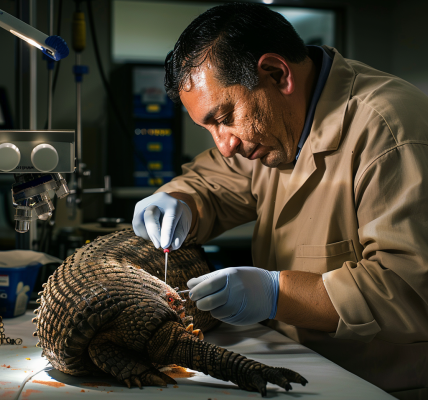As winter approaches, health officials are issuing urgent warnings to British travelers planning to visit the Canary Islands, particularly Tenerife and Lanzarote, in search of winter sun. The warnings come in response to a significant surge in various respiratory viruses, prompting health authorities to recommend that older travelers and those with underlying health conditions take necessary precautions before embarking on their holiday.
The Canary Islands have seen a dramatic increase in the number of cases of COVID-19, flu, and respiratory syncytial virus (RSV), with reported cases rising five-fold since August. This alarming trend has led the Canary Islands Association of Primary Care Physicians to issue an official alert, underscoring the need for vigilance among travelers.
Current statistics reveal that the region is experiencing a staggering rate of 794 cases of these viruses per 100,000 residents, in stark contrast to England’s figure of approximately 60 per 100,000. This discrepancy highlights the heightened risk posed to those traveling to the archipelago, particularly older adults and vulnerable populations.
Ana Joyanes, the president of the Canary Islands Association of Primary Care Physicians (AMAPCAN), has expressed concern over the ongoing rise in virus cases. Health officials predict that this trend is likely to continue throughout the winter months, further stressing the importance of preventive measures for travelers.
In light of these developments, health experts are advising vulnerable individuals to receive vaccinations for both flu and COVID-19 prior to their trip. These vaccinations are crucial in mitigating the severity of infections and reducing the burden on local healthcare services. Joyanes emphasized, “Vaccination is essential to make the impact of these infections milder or avoid them altogether, especially if you are over 60 years of age or classed as vulnerable.” She further urged anyone experiencing respiratory symptoms to wear a mask in public spaces to help curb the transmission of viruses.
The Ministry of Health in the Canary Islands is scheduled to convene in November to assess the situation and determine whether mandatory mask-wearing should be implemented as a measure to control the spread of these respiratory viruses. This potential policy change reflects the seriousness of the current health crisis and the need for proactive steps to protect both residents and visitors.
While the majority of healthy young individuals may experience only mild symptoms from these viruses, older adults and infants face a higher risk of severe illness. Health officials are particularly concerned about the impact of these respiratory infections on those with pre-existing health conditions, who may be more susceptible to complications.
Last winter, the peak of respiratory virus cases in the Canary Islands occurred in mid-December, reaching an alarming rate of 1,296 cases per 100,000 residents. The current rise in infections signals that travelers should be prepared for a potentially challenging health landscape during their winter holidays.
As the holiday season approaches, travelers are urged to stay informed about the health situation in their chosen destinations. By taking appropriate precautions, such as vaccinations and wearing masks, individuals can help protect themselves and others while enjoying their winter getaways.
In addition to the warnings regarding respiratory viruses, travelers should remain vigilant about other health concerns that may arise during their trips. Staying hydrated, practicing good hygiene, and being mindful of food safety can further contribute to a safe and enjoyable vacation experience.
As the situation continues to evolve, health officials will provide updates and guidance to ensure that travelers can make informed decisions. For those planning to visit the Canary Islands, being proactive about health measures is more important than ever in light of the recent outbreaks.





